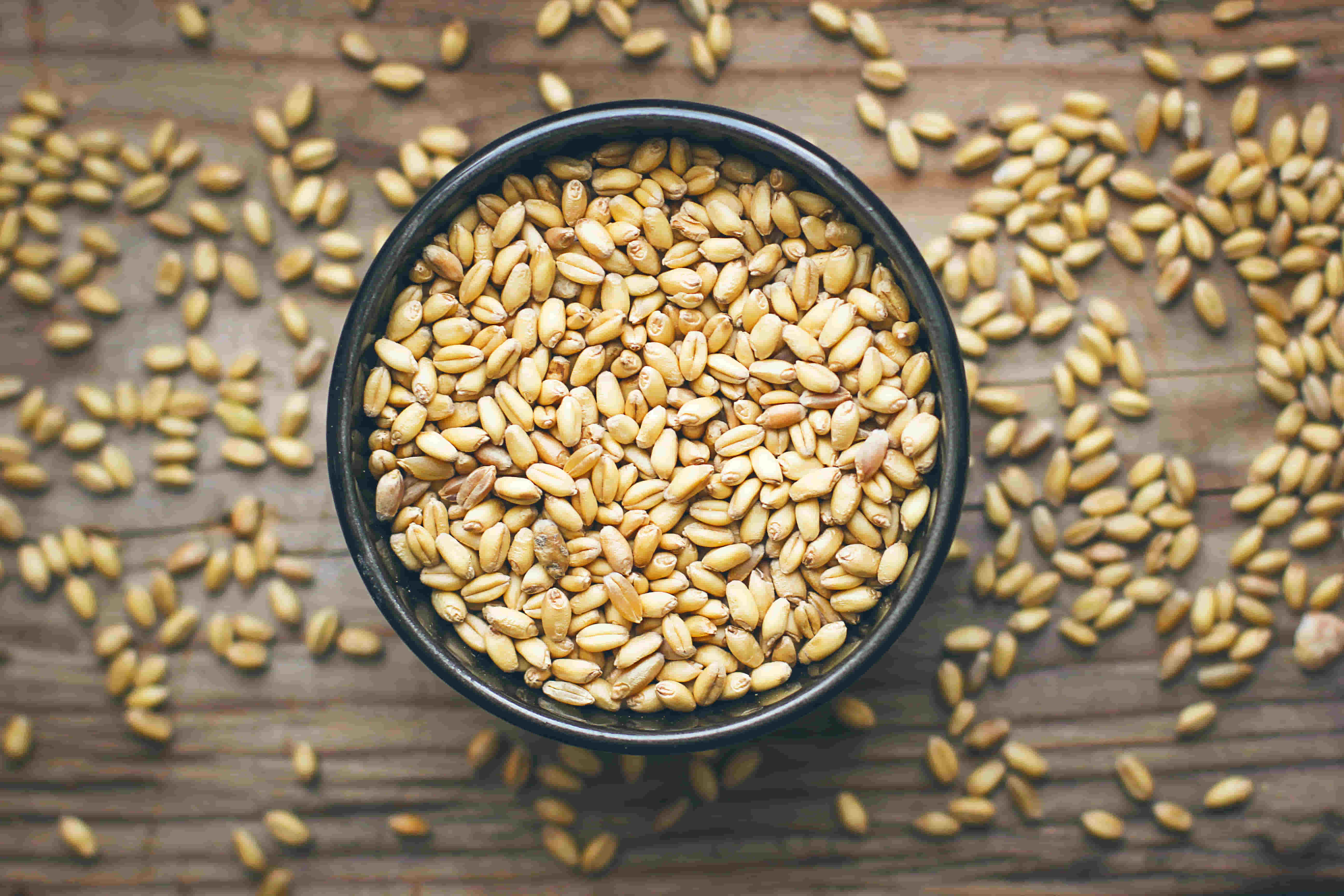Product-Details

Wheat
Description
Wheat (Triticum spp.) is a grass species cultivated for its edible seeds, which are commonly ground into flour and used to make bread, pasta, noodles, and other baked goods. It is a major dietary staple in many parts of the world and plays a crucial role in global agriculture.
Types of Wheat
-
Common Wheat (Triticum aestivum):
- Also known as bread wheat.
- Used primarily for bread-making due to its high gluten content, which gives dough elasticity and structure.
-
Durum Wheat (Triticum durum):
- Hard wheat variety with high protein content and gluten strength.
- Used to make pasta, couscous, and some breads.
-
Soft Wheat (Triticum aestivum var. vulgare):
- Lower protein and gluten content compared to bread wheat.
- Used for cakes, pastries, biscuits, and some types of bread.
Characteristics
- Grain Size: Small, oval-shaped kernels arranged in spikelets.
- Color: Typically golden or brownish.
- Texture: Hard or soft, depending on the variety.
Culinary Uses
-
Flour Production:
- Bread Flour: Made from hard wheat and used for baking bread.
- All-Purpose Flour: Blend of hard and soft wheat, suitable for a variety of baking purposes.
- Cake Flour: Made from soft wheat, ideal for cakes and pastries.
- Semolina: Coarse flour from durum wheat, used in pasta and couscous.
-
Food Products:
- Bread: Basic staple food made from wheat flour.
- Pasta: Various shapes and sizes made from durum wheat semolina.
- Noodles: Popular in Asian cuisines, made from wheat flour and water.
- Breakfast Cereals: Wheat flakes or puffed wheat used in cereals.
